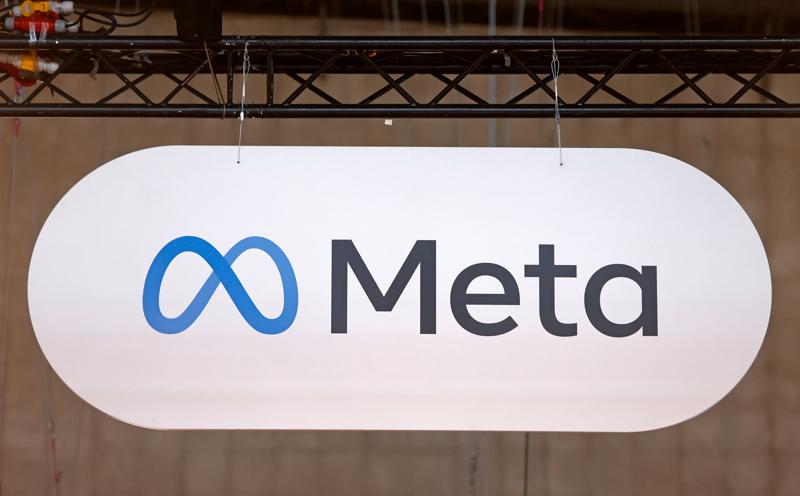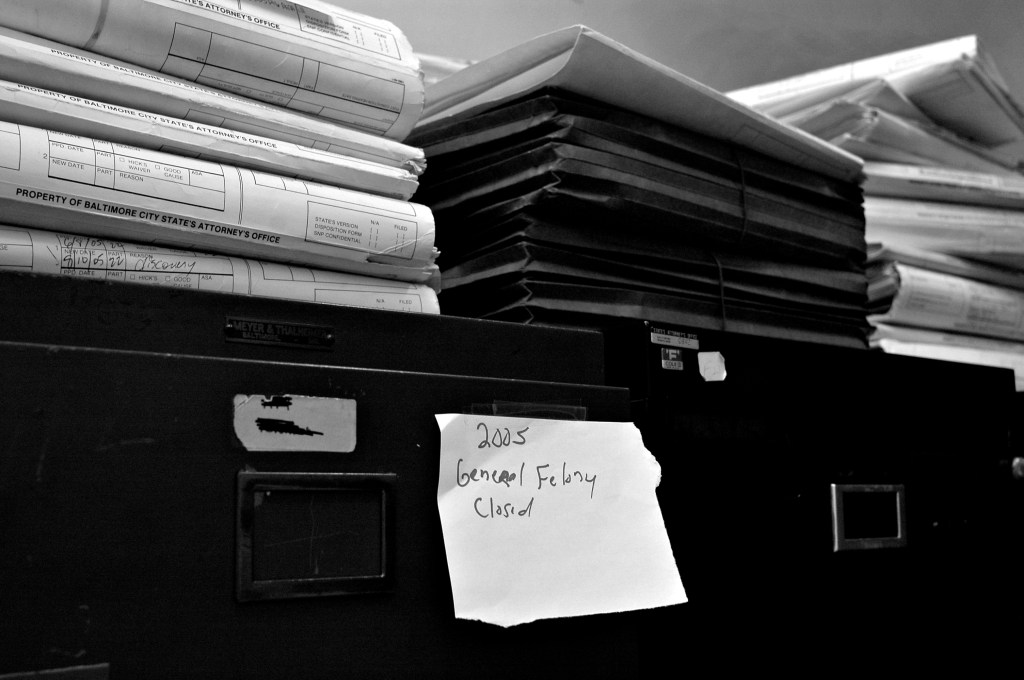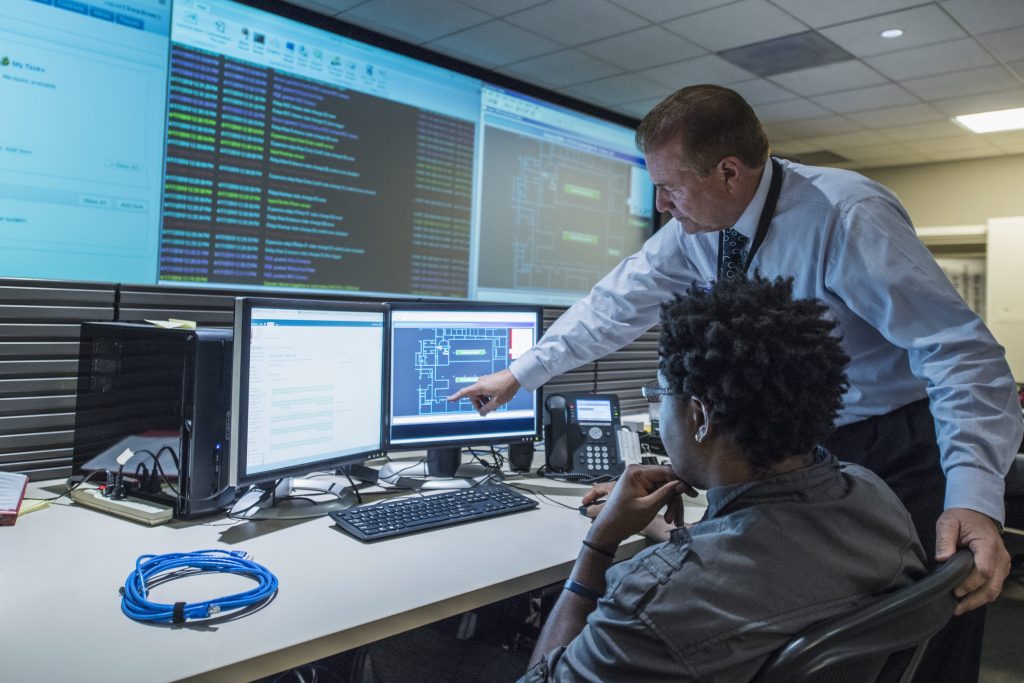As organizations grow and compliance work becomes more complicated, identifying and implementing appropriate technological solutions can be a major factor in driving a successful culture of compliance.
Having proper oversight into remote workers, having open internal communication channels to help prevent whistleblower situations from occurring, maintaining oversight of third-party administrators, monitoring employee electronic communications (see also The finance sector’s $2.5 billion communications compliance crisis), or even simply stressing the importance of completing a thorough annual review, can feel incredibly daunting. How can one organization possibly handle all these items in a way that is satisfactory in the eyes of the SEC?
Ethics and communication
There are plenty of tools available that can automate many parts of your Code of Ethics monitoring requirements. You can set up data feeds directly to employee accounts to alleviate the manual burden of reporting and monitoring employees’ personal investments. There are tools that set up preclearance requirements where trades are automatically approved, with only the ones with potential complications requiring human eyes.
There are also similar capabilities for gifts and entertainment, OBAs and political contribution reporting as well as functions that automate annual questionnaires and disclosures that need to be completed on a regular basis by your employees.
Electronic communication monitoring has been a major pain point for organizations in the past few years. We have seen tools that do a fantastic job of syncing with your data sources, identifying the communications with the highest levels of risk and then facilitating the review process. These solutions mean that issues can be researched by multiple different people at the organization in an easy and straightforward way.
There is also software that can track marketing reviews and highlight areas of risk that need an extra level review to ensure compliance with the new Marketing Rule.
Most importantly, with all these tools there is the ability to log all the work your staff is doing and create reports that can be used with regulators to show that you are on top of your obligations. Without this automated tracking, organizations are forced to manually keep track of this information which is nearly impossible to do 100% accurately.
Considerations to make
Despite countless options available to facilitate the process of staying compliant, organizations must be strategic and challenging when selecting platforms.
With plenty of promises made by vendors, including lower operating costs, the ability to deliver more with the same headcount and capability to catch problem areas before they escalate and result in enforcement action, it’s worthwhile to consider which processes or tasks are appropriate for automation. Even if there is a solution on the market, your particular process may still not be suited to the particular approach a platform takes. Before getting in too deep and investing time and money, you should be asking the following questions:
- How long will it take to implement?
- What are the implementation, running and maintenance costs?
- Does your current process lend itself to automation (is it structured and repeatable)?
- How flexible is the platform? Will your current processes need to be tweaked in any way?
- Will there still be manual parts of the process? How much time and energy will go into the remaining work?
- How will the technology evidence the work it is doing through logs and reports? Is that sufficient to meet regulatory requirements?
- How will you oversee the vendor to ensure they are meeting their obligations? As we have seen through SEC enforcements this year, advisors are still responsible for the work their third-parties are completing on their behalf.
As you work through your compliance framework and ask these questions, you’ll be able to better assess and identify areas of high impact, pointing technology towards places that can support and enable compliance teams to deliver better outcomes for the business.
Ryan Stibich is a consultant in the Americas team at Bovill. He supports investment advisers and broker-dealers on daily operations matters in order to comply with US regulatory requirements.













